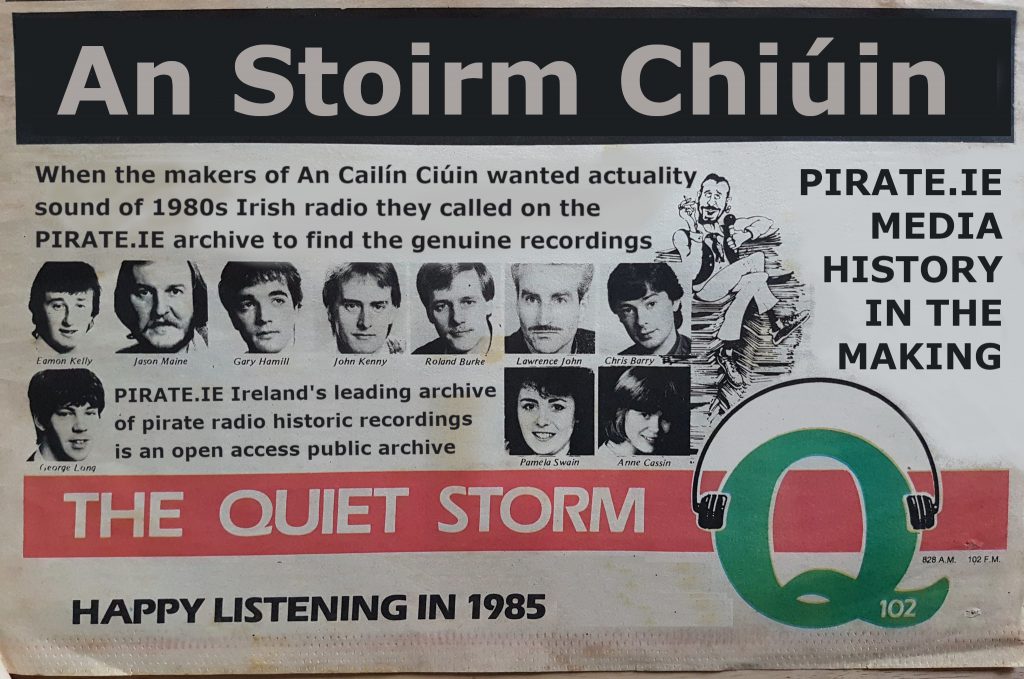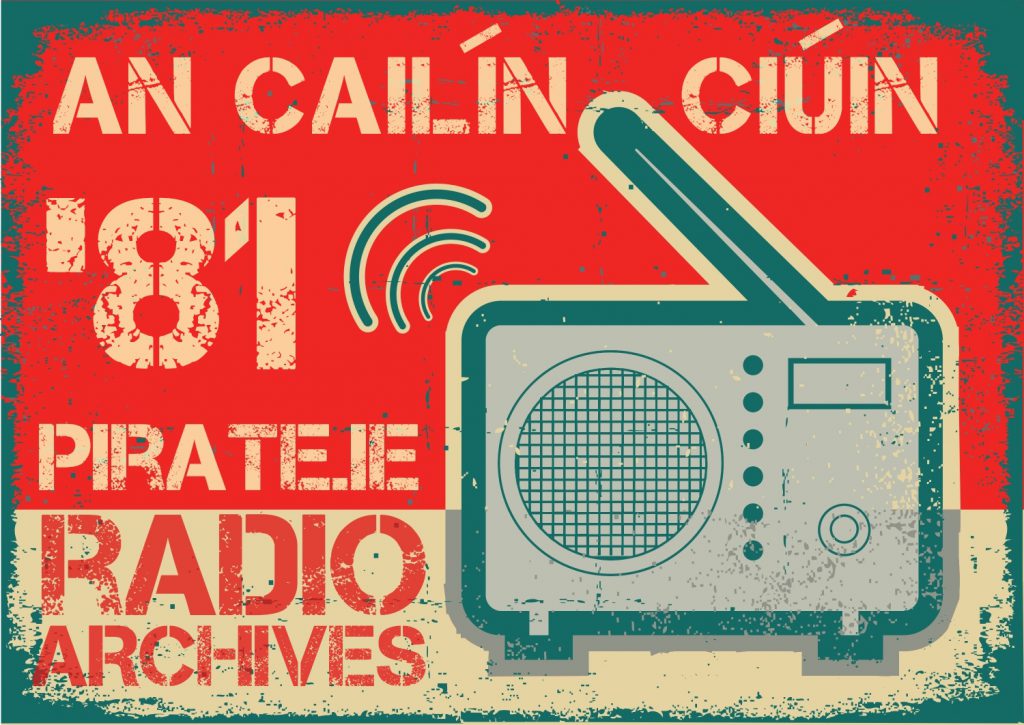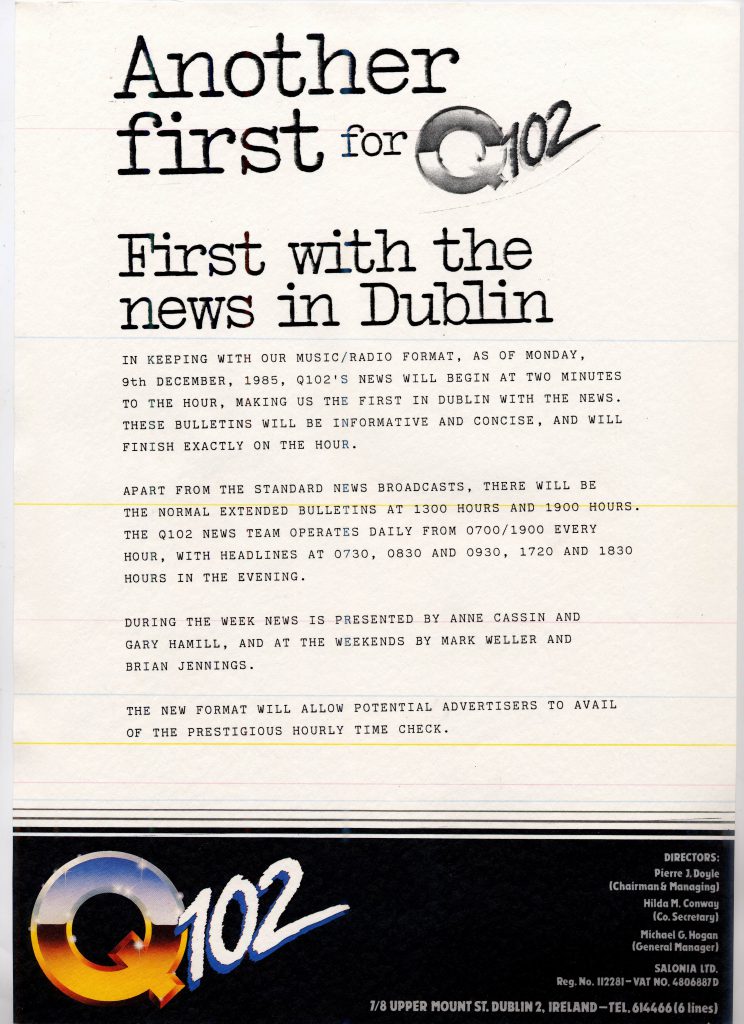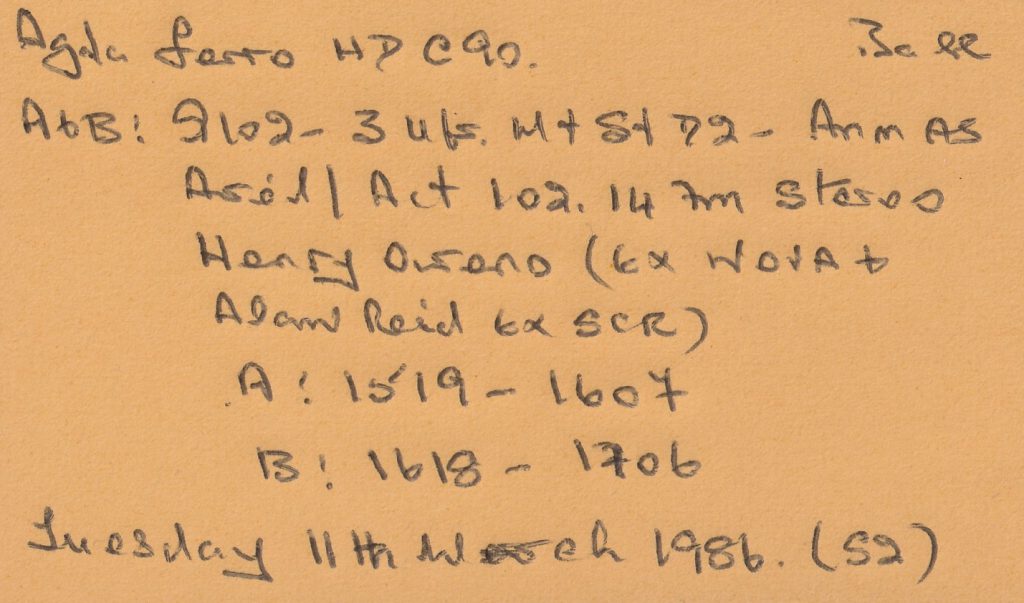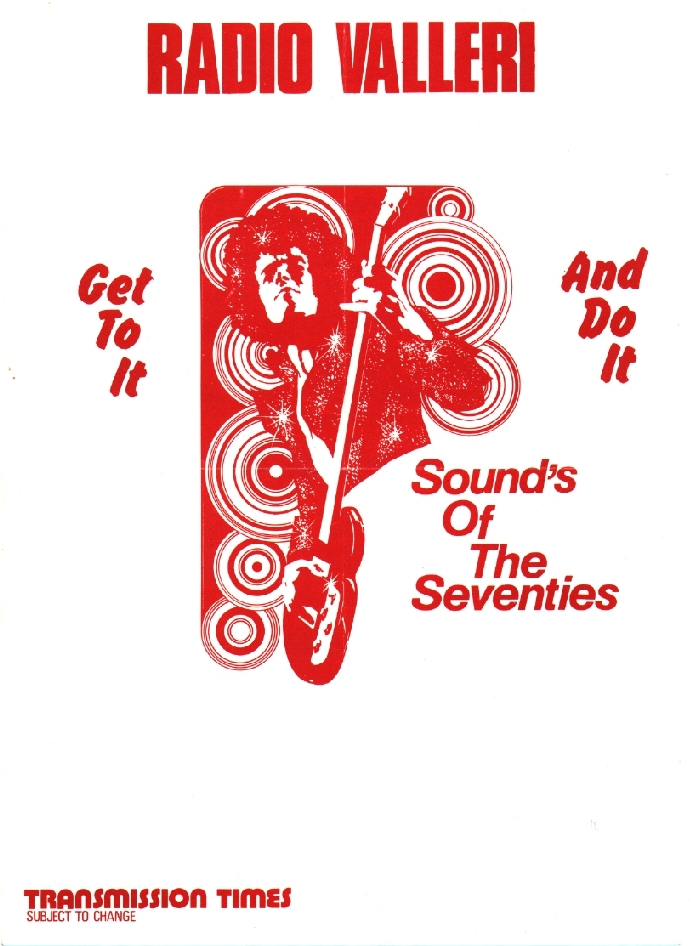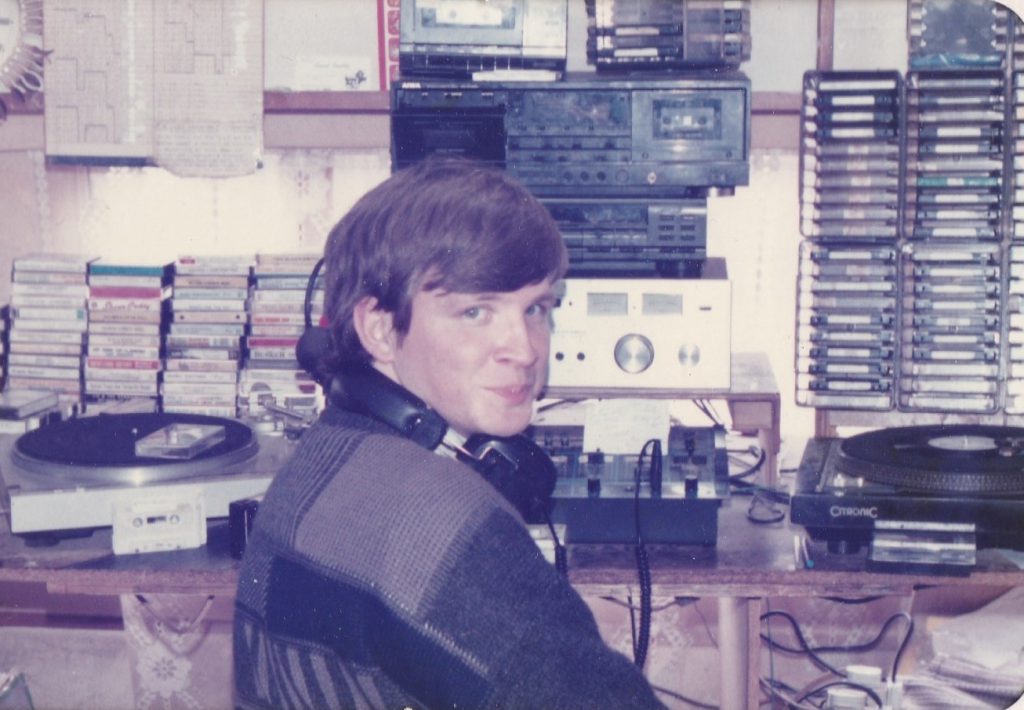Podcast: Play in new window | Download

Although Radio Star Country has long been associated with medium wave only – and remains one of the few stations in Ireland to rely on this band today – the station used both FM link transmitters and higher powered FM rigs in the past. In a letter to Ian Biggar on 15th July 1991, Sean Brady – who would soon become a presenter on the station – wrote that he believed that Radio Star Country was relaying its 981 AM service on 103.7 MHz FM. A friend of his in Craigavon, Co. Armagh could receive the transmission but Sean could not hear it in Oldcastle, Co. Meath, so he presumed that the signal was being directed northwards. On 22nd July 1992, Sean wrote to Ian Biggar to say that Radio Star Country was broadcasting from a caravan at Aughagaw, Smithboro, which is situated some ten miles from Monaghan. The link transmitter was on 106.55 MHz with the AM transmitter located about seven miles away. Sean was unsure where exactly the AM transmitter was situated, but thought it was somewhere near the border with Fermanagh.
According to Rodney Neill in a contribution to issue 2 of Playback magazine, Radio Star Country in 1994 turned on a new FM transmitter aimed at Fermanagh and Armagh. It was first noted on 17th March and was said to be putting out quite a strong signal across the border. This was the first time that Radio Star Country broadcast a high power signal into Northern Ireland since its 103.7 transmitter was removed by a Department of Communications raiding party in the spring of 1991. Between March 1994 and March 1996, Radio Star Country’s studio link was logged by Playback on 106.6 FM and from April 1996 to November 1999, on 105.4. The power on occasion was reported to be 150 watts. In an email to Ian Biggar on 5th March 2001, Sean Brady reported that Radio Star Country was now broadcasting from a site close to its AM transmitter and used links on 101.2 MHz and 103.7 MHz. They had been heard on air announcing these two frequencies but Sean presumed it must have been very low power as he could not hear the station on FM in Oldcastle, Co. Meath.
On 13th January 2002, Sean Brady told Ian Biggar that Radio Star Country was now using the world’s first self-contained 100 percent solid state transmitter which produced a 1 kilowatt carrier at any designated frequency in the range 520-1610 kHz, with full redundancy built into a single unit. Some designs have a degree of redundancy built into the power amplifier stage, but the Eddystone B6038E has 100 percent redundancy from the supply to the RF output. Sean wrote that the transmitter was an ex-IBA unit. It was used on 828 kHz medium wave as the main transmitter for Townland Radio (later Gold Beat) in Cookstown, County Tyrone. It apparently took months of long nights and hard work to get the transmitter up and running again and then ages to get it working on 981 kHz. In relation to the Radio Star Country FM transmitters, Sean added that they were both ex-IBA Norsk Marconi transmitters designed by the BBC and licensed to Marconi. 101.2 MHz was the link frequency to the main transmitter on 103.7 MHz. However, after the raids and visits, it was thought best to abandon the transmissions on FM and concentrate on medium wave.
Today’s recording is from 1997 and features DJ Gerry Martin with an afternoon show. Eight years after the pirates were supposedly silenced for good, the station is still carrying a large number of adverts, including a promotion for the Radio Star Country Club in Armagh, a country sports fair in Armagh and linedancing classes in a nightclub in Belfast. There are giveaways of concert tickets and an event sponsored by Radio Star Country in Tyrone. The tape was made on 10th May 1997 from 981 kHz in Scotland. Part 1 above runs from 1357 and Part 2 below from 1445.
Thanks to Ian Biggar for the donation and for assistance with the text.

